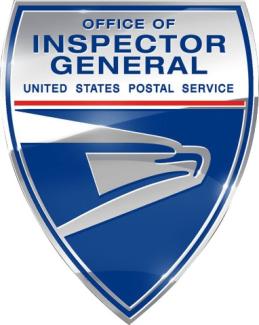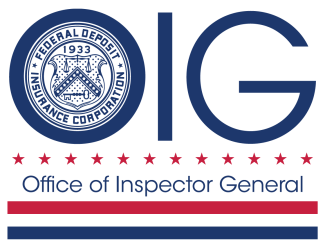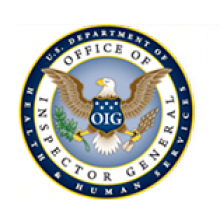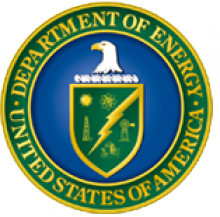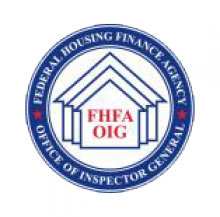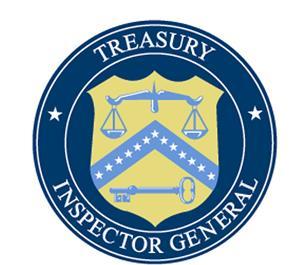VHA’s Supportive Services for Veteran Families (SSVF) program helps veterans and their families who are experiencing homelessness and those at imminent risk of homelessness by providing outreach, case management services, assistance obtaining other public benefits, and temporary financial assistance.The SSVF program works through grantees, typically nonprofit organizations and consumer cooperatives. SSVF grantees spent about $67.1 million to place 12,490 veterans in emergency housing during the OIG review period from July 1, 2021, through June 30, 2022. The OIG initiated a project to assess the SSVF program’s oversight of grantees’ use of emergency housing assistance to place veterans in permanent housing, as well as the program’s efforts to place veterans in permanent housing in a timely manner.SSVF grantees are required to report information to the SSVF program office on veterans who are at risk of or experiencing homelessness. All grantees are required to track information related to payments made on behalf of veterans, including emergency housing assistance payments for hotels or motels, and the dates the veterans moved into permanent housing. Grantees enter this information into their version of a Homeless Management Information System (HMIS). However, not all HMIS applications have an option for entering information about veterans’ lengths of stay in emergency housing. The OIG also found that, due to grantee errors or omissions, data did not always accurately reflect the dates veterans started receiving emergency housing assistance or moved into permanent housing.The OIG encouraged VHA leaders to consider strengthening the data validation process to ensure responsible personnel have the necessary information to assist grantees and ensure compliance with the 60 day limit on emergency housing assistance for veterans.
| Report Date | Agency Reviewed / Investigated | Report Title | Type | Location | |
|---|---|---|---|---|---|
| Department of Veterans Affairs | Opportunities Exist to Improve the Accuracy of Veterans' Emergency Housing Assistance and Permanent Housing Placement Data | Review | Agency-Wide | View Report | |
| U.S. Postal Service | Investment Trends in Sustainable Postal Processing Operations | Review | Agency-Wide | View Report | |
| Federal Deposit Insurance Corporation | DOJ Press Release: Former Bank President Ashton Ryan Sentenced to 14 Years in Prison for Fraud that Ended First NBC Bank | Investigation |
|
View Report | |
| Department of Health & Human Services | Georgia Could Better Ensure That Nursing Homes Comply With Federal Requirements for Life Safety, Emergency Preparedness, and Infection Control | Audit |
|
View Report | |
| Defense Intelligence Agency | Announcement of the Inspection of DIA’s Military Equal Opportunity Program | Inspection / Evaluation | Agency-Wide | View Report | |
| Department of Energy | The National Nuclear Security Administration’s Universal Change Control Process in Relation to the Stockpile Surveillance Program | Audit |
|
View Report | |
| Federal Housing Finance Agency | DER Implemented Controls to Ensure that the Enterprises and CSS Remediated Adverse Examination Findings Within FHFA Determined Reasonable Timeframes | Audit | Agency-Wide | View Report | |
| Federal Housing Finance Agency | FHFA Performed Active Oversight and Made Efforts to Ensure Fannie Mae’s Compliance with Its Directions to Improve Audit Committee Operations | Review | Agency-Wide | View Report | |
| Internal Revenue Service | The Internal Revenue Service Has Experienced Challenges in Transitioning to Electronic Records | Audit | Agency-Wide | View Report | |
| Department of the Treasury | Plan to Establish a Data Literacy Program for the Department of the Treasury Office of Inspector General | Other | Agency-Wide | View Report | |



